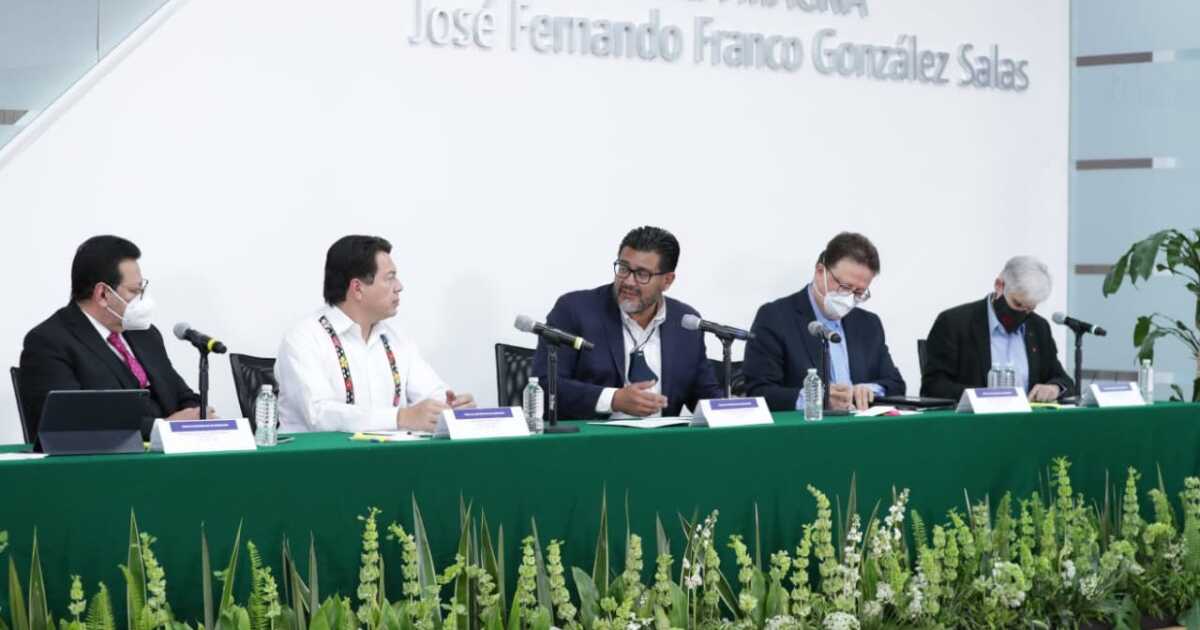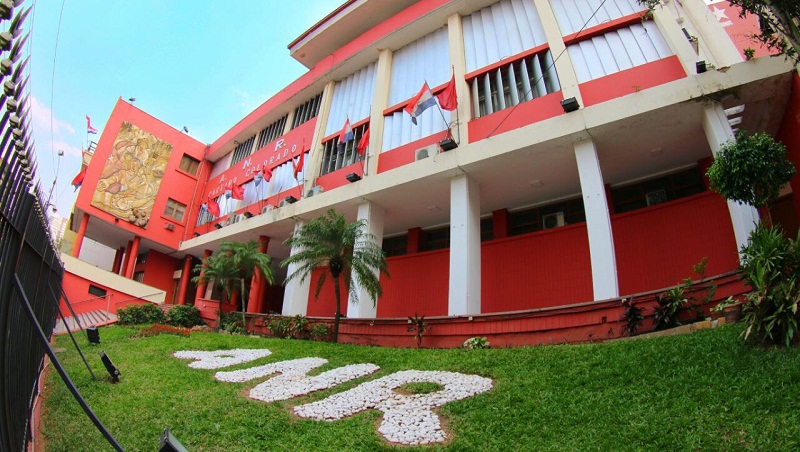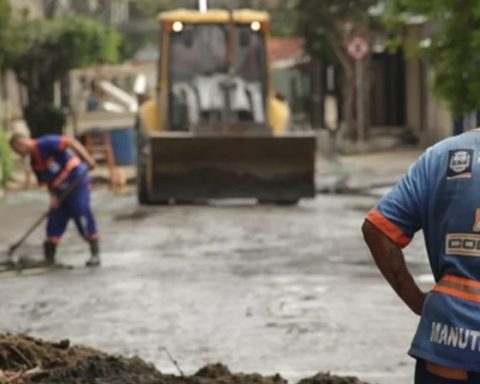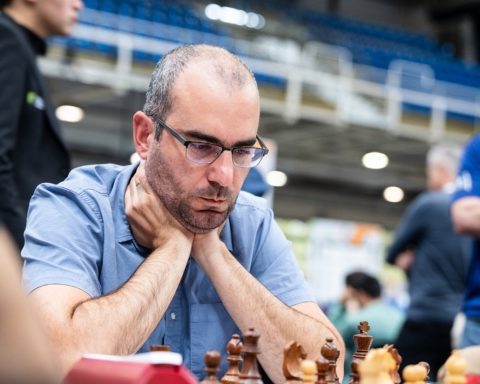Reyes Rodríguez, president of the Superior Chamber, explained that, in almost 30 years of transition to democracy, the institutions must continue to bet on the development of a democratic and legal culture, where the rule of law is strengthened as a foundational element of society.
“The training of the people who work in the parties is an engine to mobilize us towards a political and democratic culture that meets the demands of a vibrant society that is moving towards a young democracy,” he stressed.
Judge Felipe de la Mata stressed that democratic consolidation requires a system of strong and active parties, hence – he added – the Court’s obligation to provide incentives for the specialization and professionalization of those who participate in the public sphere, in this case Brunette.
Through the signed agreement, people who participate in the political party will be able to pursue a master’s or doctorate in electoral law offered by the Electoral Judicial School of the TEPJF, in order to generate the changes required by Mexican democracy.

















